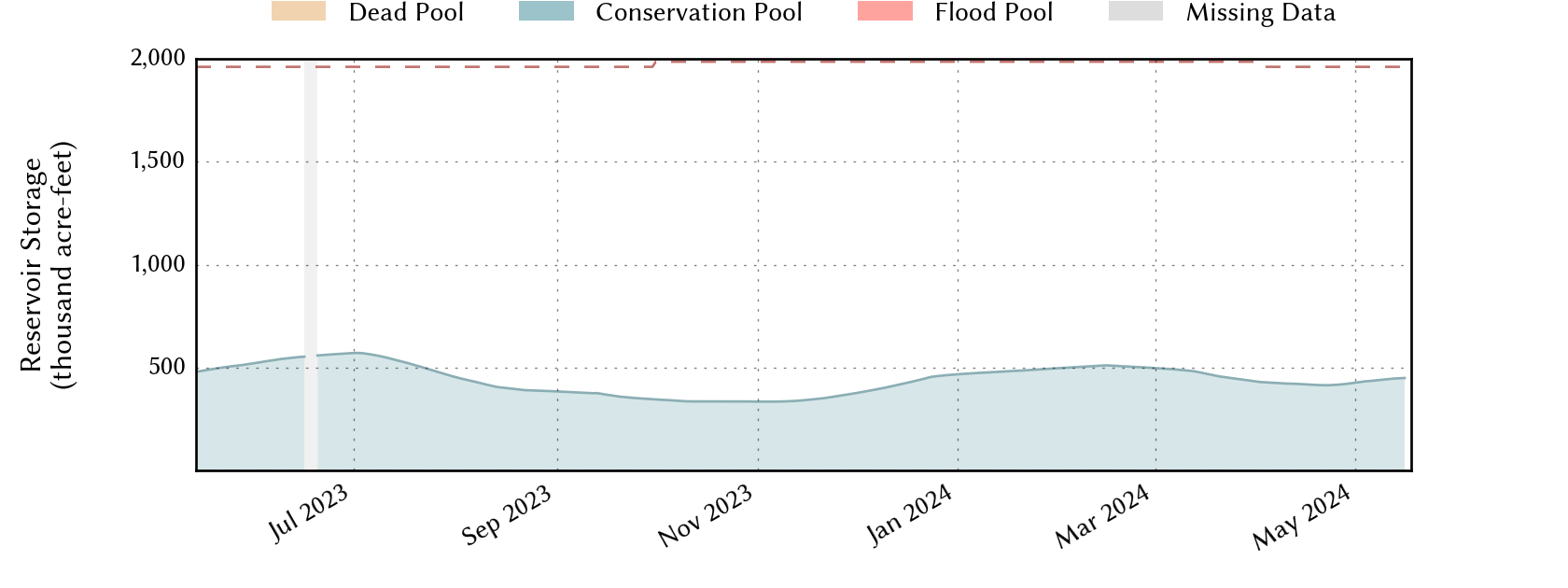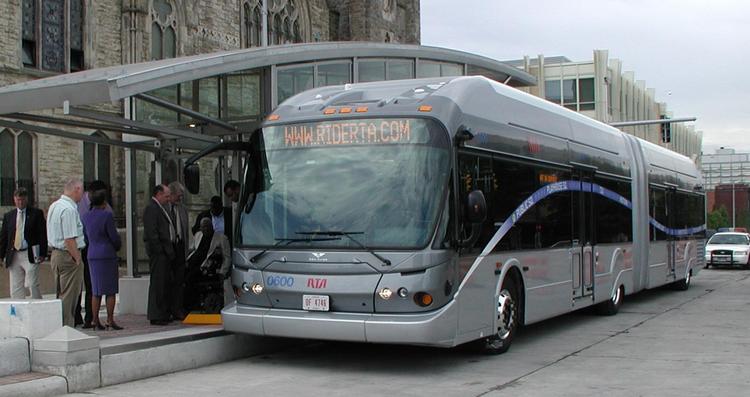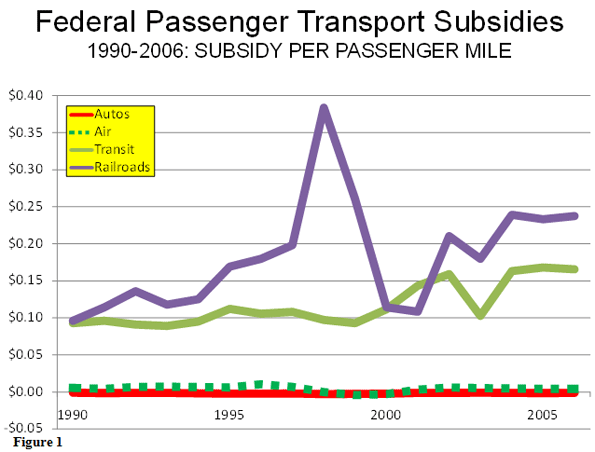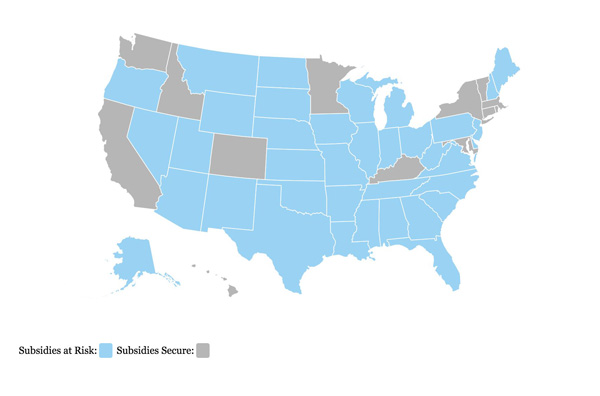The price of roads and schools just went up in New Mexico. New Mexico is already a mini-“Davis-Bacon” state which means that taxpayers pay substantially more (or get 10-15% less) in the way of schools, roads, and other state-funded projects (like those funded in the recently-passed capital outlay bill). Under Gov. Bill Richardson, legislation was passed that increased the labor premium under “Davis-Bacon” for public works projects. The Martinez Administration had been attempting to soften the blow of that legislation, but the New Mexico Supreme Court ruled this week that her actions were illegal.
I recently wrote a column discussing New Mexico’s flawed capital funding process and how repeal of our “Davis-Bacon” law is key to improving our school buildings and roads. The article appeared at both Watchdog and NMPolitics.net.

Infrastructure and how to pay for it has been a topic of great interest recently. The Legislature returned to Santa Fe with the primary purpose of passing a capital outlay bill. Also, as David Abbey, Chair of the Public School Capital Outlay Council told legislators in testimony recently, New Mexico’s schools were facing serious funding problems.
Among Abbey’s concerns was the volatility of funding due to oil and gas prices. Abbey also said there are more needed projects than available funding. Abbey’s most newsworthy statement was that there are 16 schools that are in such poor shape they need to be torn down.
Notably, the problem is not inadequate spending. According to data from the National Education Association, New Mexico’s per-capita capital spending on K-12 schools was 7th-highest in the nation for the most recent school year on record.
There are immediate solutions to New Mexico’s infrastructure problems and they don’t require any more tax dollars. Unfortunately, liberal Democrats who, despite recent legislative losses, remain quite powerful would rather funnel tax dollars to supportive special-interest groups than adequately fund schools and other infrastructure needs.
The solution is for infrastructure to be built with labor paid at market rates. This is actually contrary to New Mexico law – known popularly as Davis-Bacon – which mandates that labor on such projects be paid a higher wage set by labor unions.
The Ohio Legislature actually repealed a similar law just on school construction. Now, instead of paying inflated wages on state-financed construction projects, schools in Ohio are built at market labor rates. The Legislature studied the impact that change had on school construction prices and found overall savings of 10.7 percent.
Other states are following Ohio’s footsteps. Nevada just eliminated prevailing wages on school construction while Indiana recently eliminated its entire “prevailing wage” law.
New Mexicans support paying market wages on construction projects. According to polling commissioned by the Rio Grande Foundation (carried out by Moore Information) earlier this year, 46 percent of New Mexicans want to get rid of the “prevailing wage” while only 35 percent support keeping the law in place.
Unfortunately, that 35 percent includes the Democrat-controlled New Mexico Senate, which failed to even vote on a bill – passed out of the House – reforming prevailing wage mandates on the books.
And then there is Santa Fe Mayor Javier Gonzales who, at a meeting in New York City, encountered anti-tax activist Grover Norquist, who happened to be talking about repealing Davis-Bacon laws. As reported by New Mexico Political Report, Gonzales took to the social networking site Twitter to express his outrage, saying: “Grover Norquist speaking now proposing killing Davis Bacon Act. Very hard to maintain composure and not YELL!” He followed that with: “Mind boggling to see the rhetoric up close!”
Of course, as is often the case with liberal opponents of commonsense reform ideas, Gonzales doesn’t bring up any cogent arguments in support of his position. That’s because it is extremely tough for anyone who views himself as a champion of the little guy to do the mental gymnastics necessary to support over-paying already well-paid construction workers at the expense of taxpayers and public school children.
New Mexico legislators had a real chance to improve conditions in our schools while also helping to improve conditions on roads throughout the state. Unfortunately, those who have controlled public policymaking in New Mexico for 60+ years, leading our state to the bottom of most good lists and the top of most bad ones, continue to hold veto power over much-needed reforms.
So, instead of making systemic policy changes that will make our precious tax dollars go further, benefiting more of our children, we get more of the same. Republicans and Democrats may have agreed to a special session, but that doesn’t mean that the session will really change anything for the better.
Gessing is the president of New Mexico’s Rio Grande Foundation, an independent, non-partisan, tax-exempt research and educational organization dedicated to promoting prosperity for New Mexico based on principles of limited government, economic freedom and individual responsibility.





![IMG_0928[1]](http://riograndefoundation.org/errorsofenchantment.com/wp-content/uploads/2015/06/IMG_09281-300x225.jpg)























